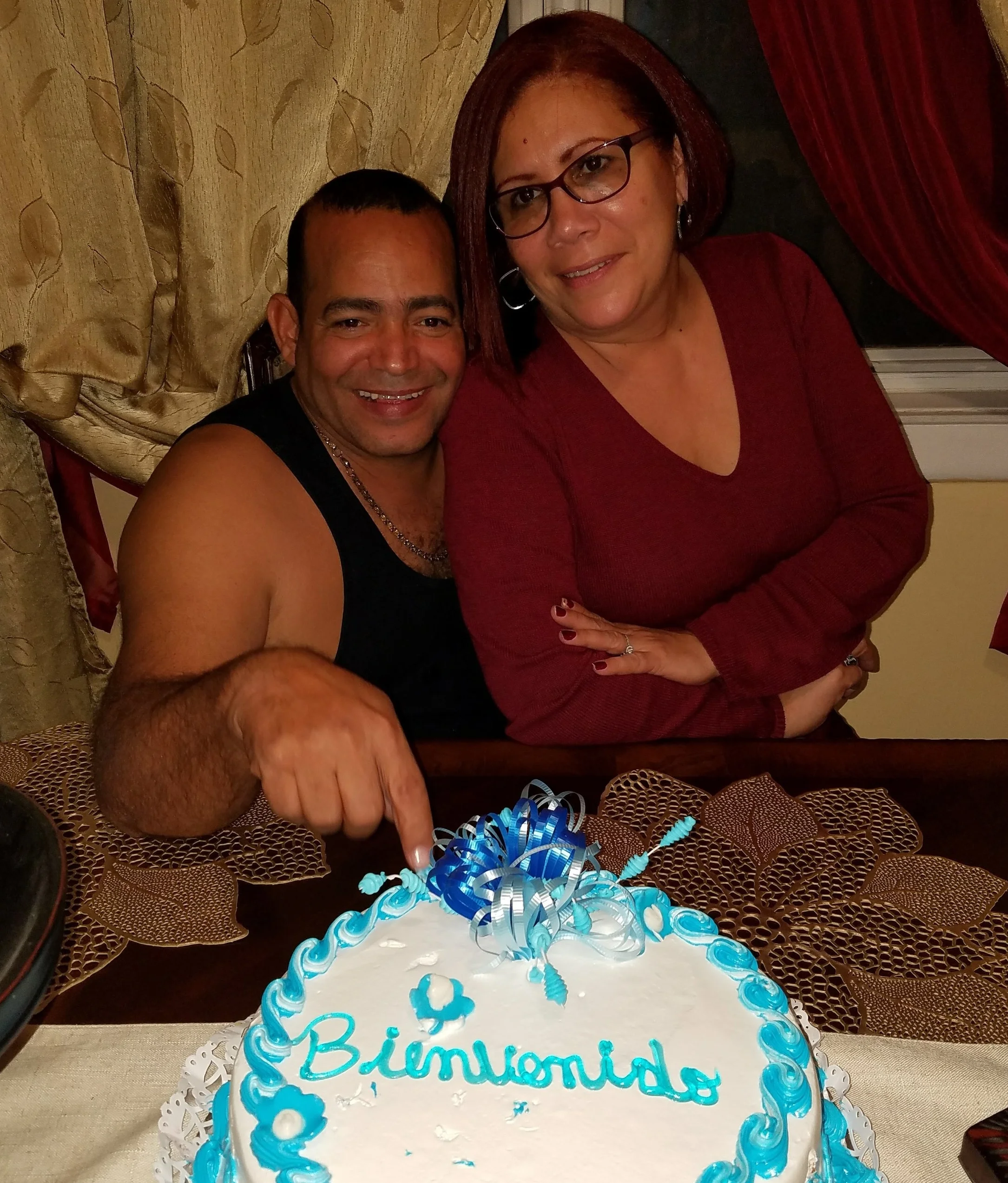On April 18, the Commonwealth of Massachusetts moved to dismiss 21,387 drug convictions which were tainted by the misconduct of state drug lab chemist Annie Dookhan. This was shortly after Attorney General Jeff Session’s recent decision not to renew the national Forensic Science Commission. These two events are deeply troubling.
In the coming weeks, we will be highlighting the human stories behind the avalanche of dismissed convictions which were tainted by Dookhan’s misconduct.
Jose Aguasvivas is one of over 21,000 individuals whose cases were affected by the Dookhan’s misconduct and the Hinton Lab’s failure to respond appropriately to complaints about it. It’s an astonishingly high number, and it’s more than just a statistic: each of those men and women had their lives affected in a very meaningful way by Dookhan’s negligence.
Jose was living in New York City, and he traveled to and from his native Dominican Republic fairly often. In 2009, while attempting to catch a connecting flight back to New York in Puerto Rico, he was stopped by customs officials. He was confused — he had been a permanent legal resident of the United States since 1997, and had just renewed his green card; he made this same trip at least once a year without a problem. The officials in Puerto Rico didn’t seem to have an explanation, so they told him to visit Immigration & Customs Enforcement (ICE) once he was back in New York.
ICE officials told him that he had been detained because of a 2005 Massachusetts drug conviction, for which he had served two years of probation. They arrested him, and he was sent to an immigration detention center in Alabama. After months of pinging between different immigration holding cells, Jose was given a choice: stay in detention, or be deported back to the Dominican Republic. After months of imprisonment (“he was so, so skinny,” his wife Honelia told me), Jose and Honelia made the tough decision for Jose to go back to the Dominican Republic. He would spend the next 6 years there, with Honelia making the trip to visit him 2 or 3 times a year — a financial burden that was not easy to shoulder.
What Jose and Honelia didn’t know was that his 2005 conviction was the result of state drug lab chemist Annie Dookhan’s “dry-labbing,” or visually examing the substances instead of testing them. Jose’s lawyer advised him to plead guilty, despite the circumstances of his case, and Jose took his advice.
Jose is, paradoxically, one of the lucky ones - he was alerted to the fact that his case had been handled by Dookhan, and he and Honelia are now reunited in New York, thanks to the diligent work of his attorneys from the Committee for Public Counsel Services in Boston.
“Jose wants the word to go out,” Honelia told me. “He doesn’t want anyone to go through what he did - he thanks God that he’s been helped by so many people, but wants everyone to know that this is really happening out there. Don’t stay quiet.”
The Dookhan scandal was caused not just - perhaps not even primarily - by Dookhan’s misconduct, but by the Lab’s failure to take appropriate action. People like Jose and his family suffered horribly as a result. Yet even in the face of this tragedy, meaningful oversight of forensic science has not increased. It is far past time for a significant reform to the operation of forensic science in the Commonwealth of Massachusetts.

